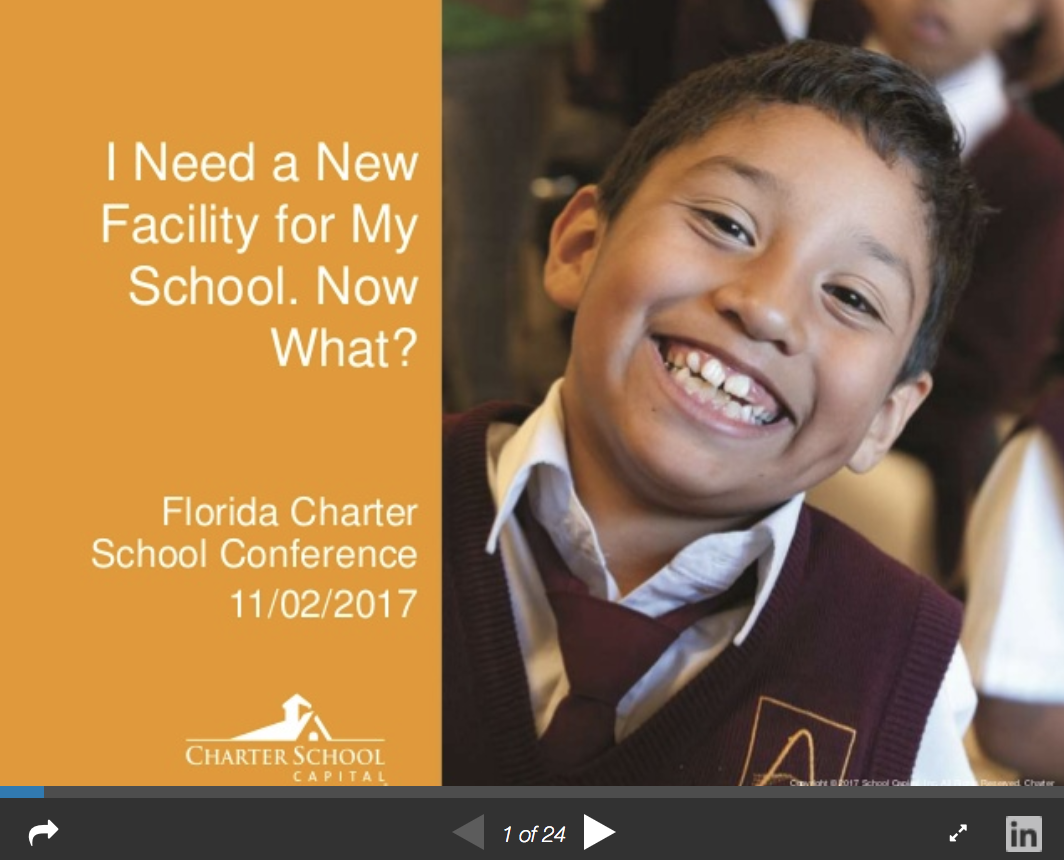Earlier this month, Los Angeles charter school leaders won changes to the rules under which they operate, via the Los Angeles Unified School District. The full list of rule changes can be found in a great summary article by the LA Times. But I wanted to dive deeper into the rule change on charter schools residing in Proposition 39 space, the benefits of this change, but the challenges those schools still face.
RULE REMOVED:Agreements that allow charters to use available space on campuses “shall be limited to one school year” and separate multiyear agreements “shall not exceed five years.”These limits have now been removed, which could allow charters to become permanent fixtures on district campuses they are using.
This is great news for charter schools residing in Proposition 39 space. The law had previously stated that charters using available space on campuses “shall be limited to one school year” and the maximum amount of those stays “shall not exceed five years”. This type of language has caused a lot of stress on charters over the years by forcing them to re-apply each year for the same space they had the year before. Not only was this process time consuming but it had a deeper impact of creating doubt in the leaders of the school, the parents of the students, and even the students themselves. Would they have that same space or would they be moving to something completely different the following year?
Often times charter schools were happy with the existing space only to find out that they would be moved the following year to a new location, sometimes many miles away. The impact of these moves forced some parents and students to leave the charter to attend a school in closer proximity to where they lived while forcing others that wanted to stay in the program to have longer commutes to school each day. This ripple effect often impacted the enrollment numbers for charters causing strain on their finances as well. Now, charters will have the ability to have long term agreements in the district provided space which is a big relief for many charters across the LA Unified School District.
Unfortunately, the question around the length of the agreements still does not solve all of the problems that come along with utilizing the space the the district may provide. There is an old adage that “you get what you pay for” and this certainly applies to some of the frustrations that come along with Prop 39.
As referenced in the article, “the law that states that districts must make classrooms and other campus facilities available for charters in a way that is “reasonably equivalent” to what is provided to traditional schools.” In practice, I’ve found that although these schools have classrooms on a district facility, there have been concerns to consider:
- They lacked equitable parking spaces, access to labs, access to open space and playgrounds, without negotiating times and adjusting schedules with the district school they co-located with.
- Charter schools were often put in a corner of a campus in portables.
- Although maintenance crews were provided the number of hours would often be limited to the extent that cleaning crews would have around 5-10 minutes per classroom for cleaning.
- This setup can cause confusion for parents, students, and teachers regarding use of space and a feelings of unwelcome.
- There are also safety concerns in these situations particularly when students of different grade levels may be placed on the same campus.
The political battle between district schools and charters is long standing and ongoing, so to think that the leaders of these schools do not face daily challenges of maneuvering through the political battle in these situations would be a misconception. Although the rent may be cheap, these living conditions certainly don’t make the charter schools feel like they are at home. This is why so many charter schools seek to find their own space through bonds, mortgages, and long term leases. It is the only true way they can create a permanent home in the community, develop their model of learning and grow their student populations in a safe, welcoming environment.
If you have questions about transitioning your school out of a Prop 39 space, you can contact me directly at reldridge@charterschoolcapital.com.

